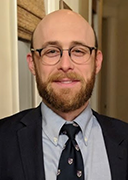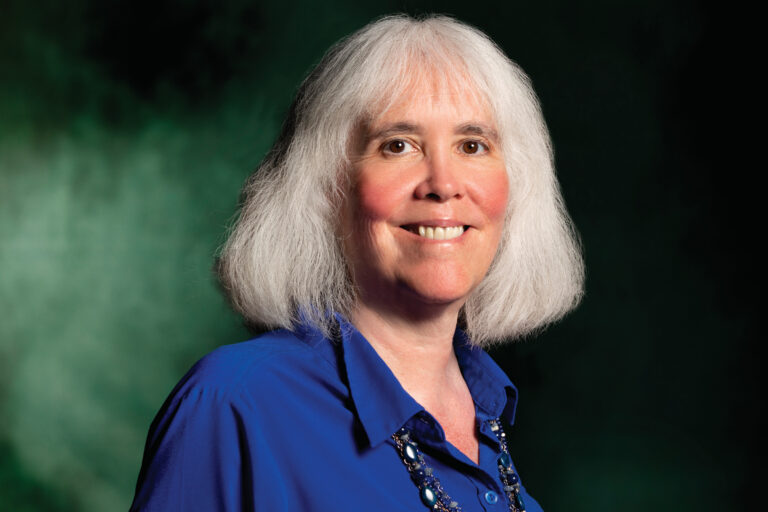 The Office of Research and Sponsored Programs has announced the following grants awarded to university faculty and staff in June 2021:
The Office of Research and Sponsored Programs has announced the following grants awarded to university faculty and staff in June 2021:
- Milwaukee Neighborhood News Service receives $350,000 in funding for operations; also announces initiative to grow endowment (Milwaukee NNS, Ronald Smith)
- College of Education receives nearly $1 million HRSA grant to support behavioral health workforce for underserved communities (Department of Counselor Education and Counseling Psychology, Lee Za Ong)
Opioid-induced changes to cannabinergic regulation of dopamine and motivation during protracted withdrawal
$31,156 – National Institutes of Health


Devan Gomez (PI), graduate assistant, Dr. Matthew Hearing, assistant professor, and Dr. Robert Wheeler, associate professor, College of Health Sciences.
Abstract: Long-term affective withdrawal symptoms following opioid dependence confer vulnerability for relapse and persistent drug use in patients. Cannabinoid-based therapies are commonly sought to treat these symptoms acutely; however, the mechanisms by which these therapies work, how cannabinoid signaling is altered with opioid dependence and the efficacies of these drugs in mitigating relapse with long-term withdrawal is unknown. The goal of these studies is to identify changes in cannabinoid signaling in reward circuits and determine the effect cannabinoids have on opioid motivation and drug taking during long-term withdrawal.
Racial Equity and Community Engagement Seed Grant
$100,000 – GHR Foundation


Dr. Kristina Ropella (PI), Opus Dean, and Dr. Allison Murray, assistant professor of mechanical engineering, Opus College of Engineering.
Abstract: This grant supports recruitment and retention initiatives deliberately designed to foster culture change essential for growing a truly diverse and inclusive engineering talent pipeline in Milwaukee.
Texts of Turning: Representing Conversion in Early Judaism and the New Testament
$25,000 – Confraternity of Christian Doctrine

Dr. Michael Cover, associate professor of theology in the Klingler College of Arts and Sciences.
Abstract: This award—granted by the Confraternity of Christian Doctrine and ratified by the recommendation of the Catholic Biblical Association of America and the U.S. Conference of Catholic Bishops—will fund a book-length study, “Texts of Turning: Representing Conversion in Early Judaism and the New Testament.” The project will chart the transformation of conversion discourse in the Hellenistic and early Roman Periods; foster interdisciplinary and ecumenical engagement with three different paradigms of conversion; attend to the experiences of women in conversion, in both Judaism and Christianity; and construct a new paradigm for articulating the range of experiences of conversion in antiquity, beyond merely “changing religion.” Drawing on the work of William James, Arthur Darby Nock and Bernard Lonergan, it is hoped that this project will appeal not only to scholars of antiquity, but also contemporary theologians, ecumenists and those involved in interfaith dialogue.


